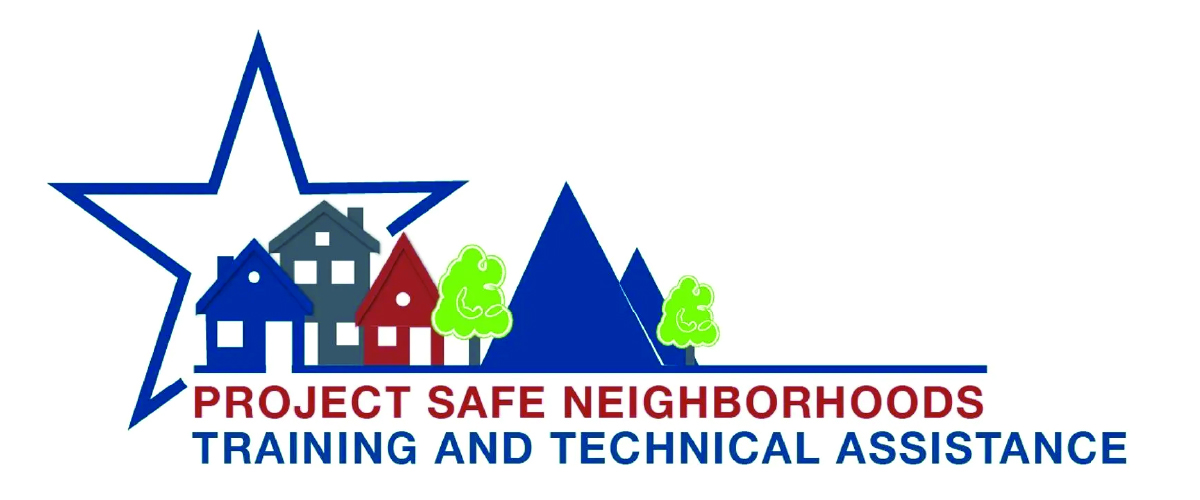Strategies for Effective Collaboration: Firearms
The Eastern District of Michigan’s Project Safe Neighborhoods (PSN) Task Force is an example of a collaborative strategy. Detroit has a law enforcement task force composed of local law enforcement officers, state police, corrections officers, the sheriff’s department, and the Bureau of Alcohol, Tobacco, Firearms and Explosives. Contact prosecutors at the Wayne County Prosecutor’s Office and the US Attorney’s Office work closely with the task force. The contact prosecutors are notified of firearms arrests and then review each firearms-related arrest within 24–48 hours so that an initial determination can be made on whether the case will be prosecuted in state or federal court. There are clearly established criteria under which firearms cases are reviewed and considered for federal prosecution, and such criteria are shared with the prosecutor’s office.
The members of the task force and the contact prosecutors also participate in bi-weekly meetings to discuss crime trends and specific firearms cases in their jurisdiction. One meeting, “Cease Fire,” fosters discussion and information-sharing around gangs and other groups/individuals who are driving violence within Detroit. A second meeting, “GUNSTAT,” allows the task force to discuss and evaluate firearms arrests within their jurisdiction. GUNSTAT is a risk-assessment tool used in every firearms-related case. The risk assessment and GUNSTAT score are considered when making decisions on case jurisdiction.
